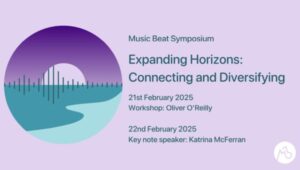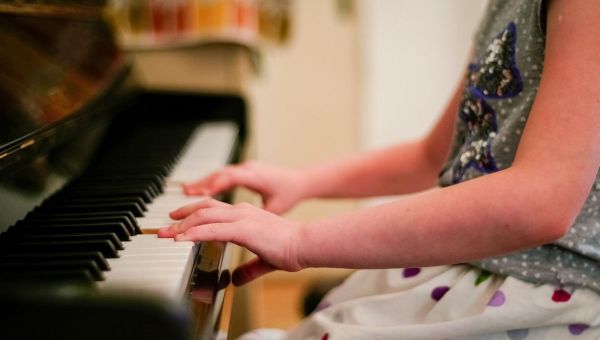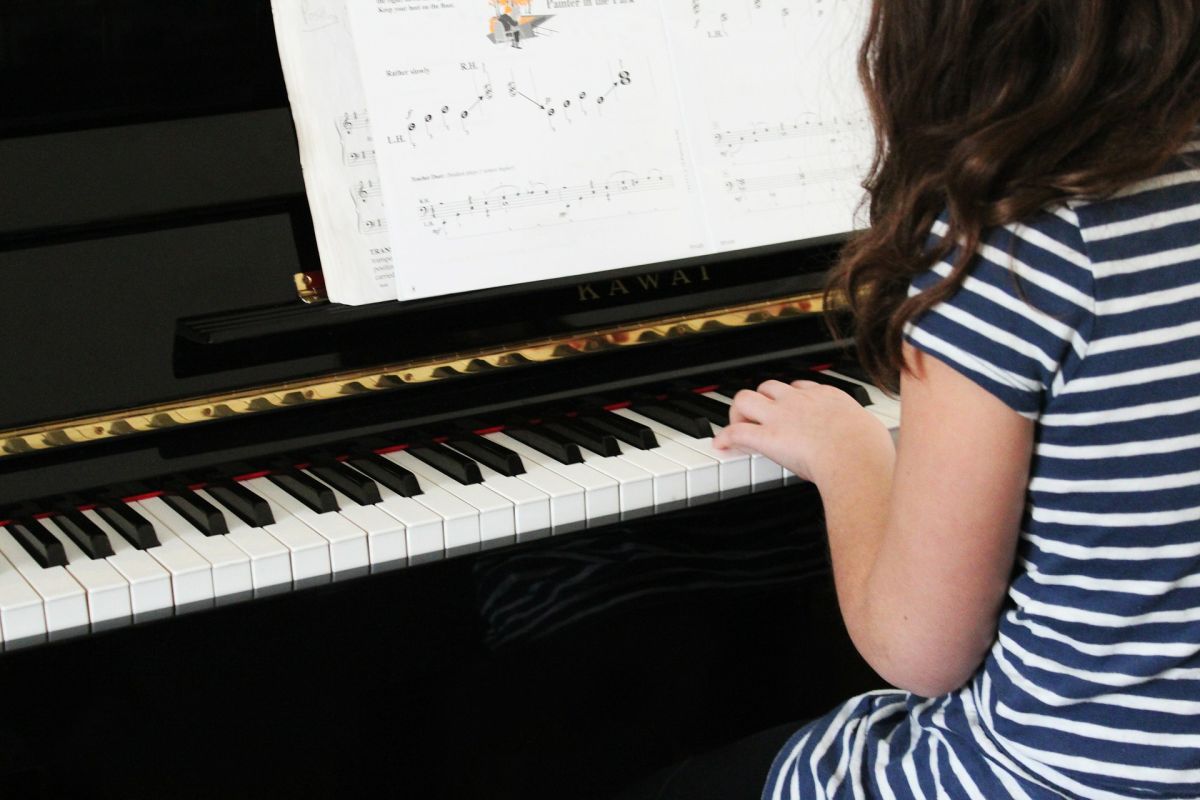
Music Beat Workshop + Symposium 2025
Expanding Horizons: Connecting & Diversifying The Music Beat Australia Workshop and Symposium is an opportunity for Registered Music Therapists (RMTs) to gather, share, collaborate, and

At Music Beat Australia our philosophy is to be ‘developing every day’ to match the needs of the families and communities we support.
We are all about instilling and supporting a lifelong love of music in our little boppers. As they grow into big boppers, we continue to encourage and support this through learning a musical instrument. Learning to play a musical instrument provides an avenue to a lifetime of enjoyment in making and creating music, playing for relaxation and self-expression and making social connections throughout life.
Most of all though, playing music, singing and performing makes you feel happy! There are few pleasures that compare to sitting down with your instrument or raising your voice in song and letting your feelings flow through a musical piece.
Here are five amazing benefits that learning to play a musical instrument can provide children:

There are just so many benefits for children to learn a new instrument. This is because music supports brain development in many ways. Music is one of the few activities that engages the whole brain, so learning an instrument is like a brain work out every day that you practice!
The key here is longevity, as the benefits reported in the research are based on people who have been learning their instrument for an extended period of time. So don’t stop playing!
Active participation and meaningful engagement in learning to sing, perform or to play a musical instrument helps to train your child’s brain to focus, concentrate and stay on-task not only during their lesson but in in the classroom and in other activities.
There is a large body of research that now shows us children who play an instrument have higher levels of engagement in school that can lead to increased academic achievement; increased comprehension and maths skills.
Learning to play a musical instrument can also enhance fine and gross motor movements and coordination skills; provide strategies to support mental health and well-being; and foster a greater capacity for memory and social skills interactions and self-expression. So many wonderful benefits!
Children who study music from an early age also learn that there are rewards from hard work, practice, and discipline; important skills for accomplishing anything in life.
Your child will be filled with a sense of accomplishment after mastering a song, difficult chord, or instrument and strengthens confidence and self-expression.
Learning an instrument takes time, and patience, and perseverance. These are such important life skills especially in today’s world of instant gratification. You can’t pick up an instrument and play it five minutes later.
Learning an instrument helps build that awareness that, like so many things (in life as you grow up) it can take a lot of time to improve!
With music learning, the benefits of persevering with practice really make that patience worthwhile, as you see the improvements each week. This is such a fundamental skill for children to learn and it’s something that can be transferred into everyday life – whatever you want to achieve, you need to work hard and be patient!
Learning to be responsible for yourself and your belongings helps build a child’s sense of autonomy and ability to regulate their emotions. Practice can be fun! It can also be frustrating. Learning an instrument provides children with opportunities to take responsibility for their practice, their learning and their instrument.
It can be pretty hard to cram for a music lesson, especially when you’re more advanced, so students learn the importance of taking responsibility for their own progress, planning practice, and learning the importance of taking care of their valuable instrument.
It is so important that children develop a strong sense of self, confidence in their own abilities and an appreciation for who they are, not who they think they need to be.
Playing an instrument can really promote and stabilise a healthy self-esteem. The wonderful thing about practicing is being able to self-evaluate, ask for feedback and decide how to adjust your playing. These motivators for progress lead to a sense of pride and accomplishment in themselves.
When students engage in music activities, they also benefit from the positive responses from their teachers, peers, and parents. Have you seen the smiles and pride on the faces of our Boppers at the annual Christmas concert when they perform on stage in front of their friends and families?
The hard work that has gone into practicing and preparing, the discipline and perseverance all pays off in that moment, and the pride is palpable. Learning an instrument builds self-esteem and a sense of accomplishment.
Music is such a wonderful tool and brings so much joy to the lives of all of us. Learning an instrument from a young age helps support little brains to grow, and little people to develop into confident social beings. What’s more, it makes us feel good, making music and sharing it with the people we love, and gives us a skill we can cherish for life.


Expanding Horizons: Connecting & Diversifying The Music Beat Australia Workshop and Symposium is an opportunity for Registered Music Therapists (RMTs) to gather, share, collaborate, and

MELP Holiday Programs just for you! BACK BY POPULAR DEMAND – we are so excited to announce that Miss Anna will host “Special Edition Summer